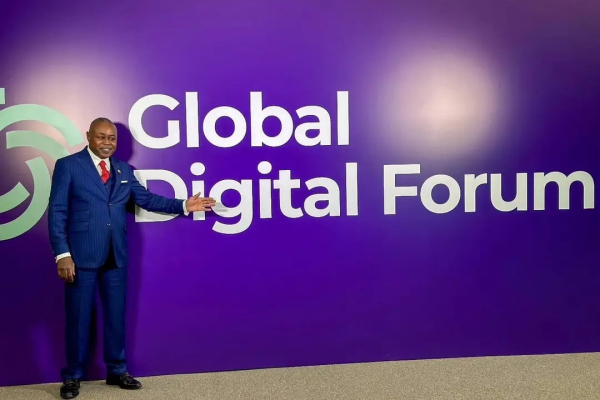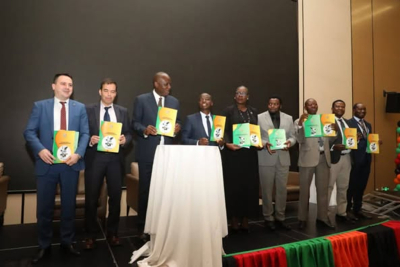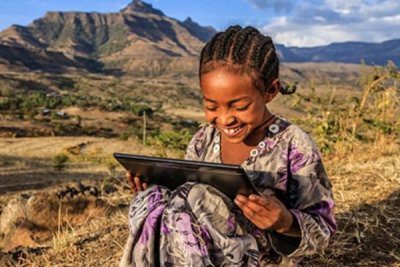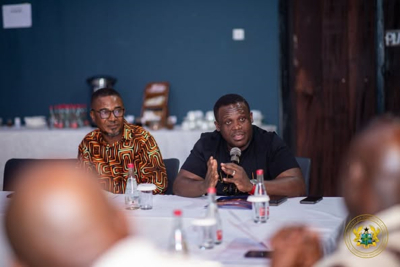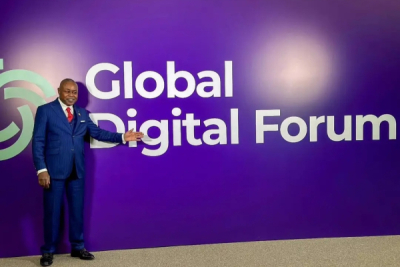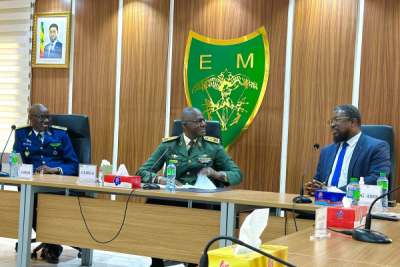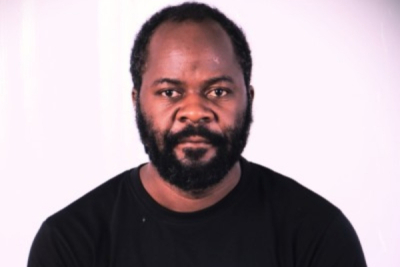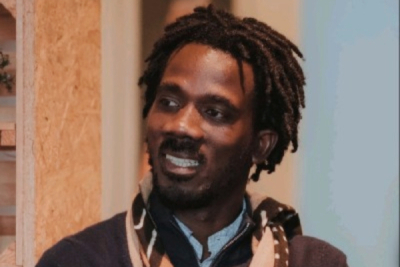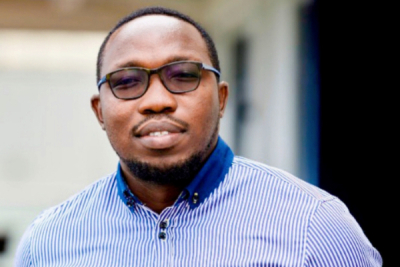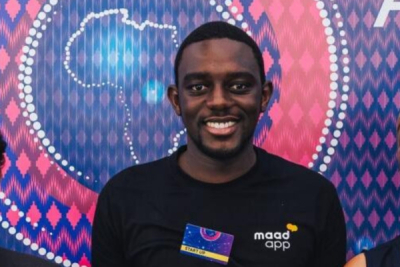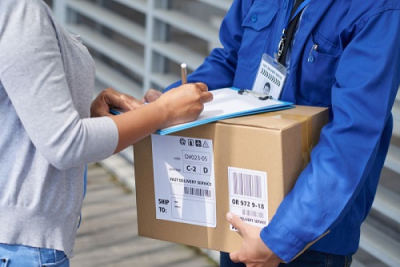In the Face of Rising Digital Sovereignty Challenges, Congo Calls for Stronger Africa–Russia Cooperation. Léon Juste Ibombo advocates for a partnership-based approach built on skills exchange, sovereign technologies, and capacity building.
Congo's Minister of Posts, Telecommunications and the Digital Economy, Léon Juste Ibombo (photo), called for pragmatic cooperation between Africa and Russia, emphasizing digital sovereignty as a central challenge. He made these remarks during the "Russia–Africa: Shared and Sustainable Digital Sovereignty" session at the Global Digital Forum 2025, held June 5-6 in Nizhny Novgorod.
In his address, Ibombo outlined six priority areas for collaboration. He advocated for the transfer of skills in artificial intelligence, cybersecurity, and big data. He also proposed the development of shared computing centers for sovereign data governance, and the co-design of open-source solutions tailored to African needs. Other key areas included exchanges on digital taxation and industrial traceability, the organization of joint training programs, and the alignment of African and Russian positions within international digital regulatory bodies.
Congo's appeal comes as several African countries have already begun digital cooperation with Russia. Zimbabwe, for instance, has implemented an e-governance program with Moscow to boost public administration efficiency and combat corruption. Angola has signed a digital agreement with Russia covering fiber-optic networks, telecommunications satellites—including the AngoSat-2 project—and cybersecurity. Furthermore, the expansion of Russia's sovereign software MyOffice in several African nations, such as Cameroon, the Democratic Republic of Congo, and Guinea, signals a clear push for digital independence.
Russia holds a significant technological advantage, with established expertise in cybersecurity, sovereign software development, and sensitive data infrastructure. Through its existing digital partnerships, Russia offers Africa alternative solutions to the model of major Western platforms, while also aiming to train African operators in best practices.
This partnership could move Africa closer to a more autonomous digital model, built on dedicated infrastructure, strengthened local skills, and increased sovereignty in international negotiations. By diversifying its technological partnerships, the continent is positioning itself to build robust, sustainable, and politically independent digital foundations.
By Samira Njoya,
Editing by Sèna D. B. de Sodji


